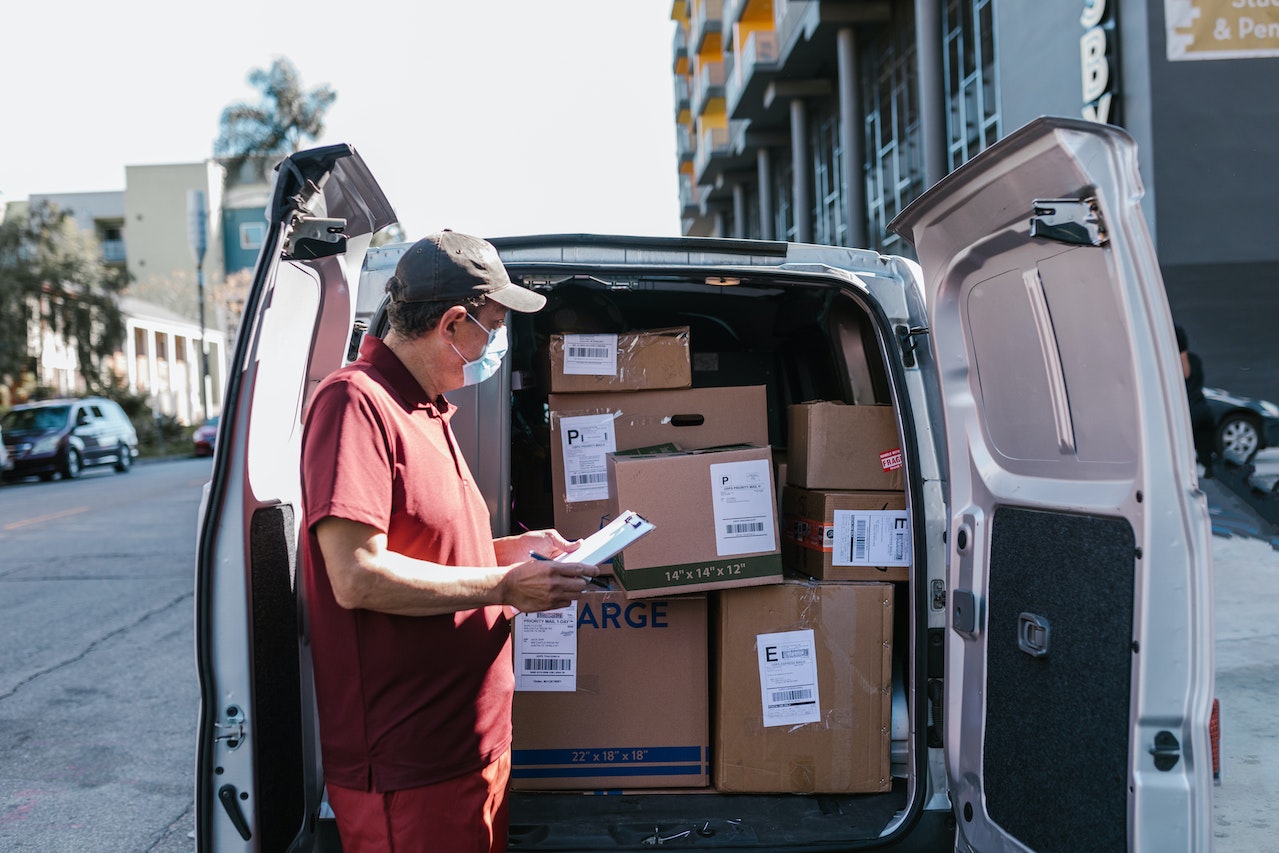More companies than ever are offering their goods and services online as the eCommerce sector expands exponentially. OneShip Ecommerce Shipping Singapore has become into a crucial part of the customer experience as the market keeps growing. eCommerce companies need to keep up with the most recent shipping trends and forecasts if they want to remain competitive.
The predictions and trends influencing the eCommerce shipping market will be covered in this article. We’ll look at the latest developments in shipping efficiency and convenience, environmental sustainability, automation and artificial intelligence, personalisation and customisation, data and analytics, and globalisation.
Businesses can remain ahead of the competition and give customers the greatest experience by studying the most recent trends and predictions in eCommerce shipping.
1. Shipping Speed and Convenience
The emphasis on quick and best shipping software for ecommerce is one of the most important trends in eCommerce shipping. Today’s consumers demand speedy and effective delivery of their orders, and eCommerce companies are attempting to deliver on those demands.
Many eCommerce businesses now provide same-day or next-day shipping alternatives in order to meet client demand. Due to this, investments in fulfillment and logistics technologies, such as delivery drones and warehouse automation, have surged.
The introduction of alternative delivery options, like in-home delivery, pickup lockers, and self-service kiosks, is another way that eCommerce companies are enhancing shipping efficiency and ease. Along with giving customers more freedom and convenience, these options lower shipping costs for online stores.
2. Sustainability and Environmental Responsibility
Sustainability has emerged as a crucial issue for eCommerce businesses as more consumers place a high priority on environmental responsibility. eCommerce companies are making efforts to lessen their carbon footprint because international product shipping can have a major negative environmental impact.
eCommerce companies are employing eco-friendly packaging materials, such as recyclable and biodegradable materials, as well as decreasing extra packing to address this issue. This not only lessens the negative effects of shipping on the environment, but it also appeals to customers who value sustainability.
Using local and regional warehouses to cut down on the distance that products need to travel is another trend in eCommerce shipping. This may speed up delivery, cut expenses, and lessen carbon emissions. eCommerce companies can stand out by putting a priority on sustainability and environmental responsibility.
3. Artificial Intelligence and Automation
Automation and artificial intelligence (AI) are revolutionising the eCommerce sector, especially shipping and logistics. eCommerce companies may enhance customer satisfaction and lower costs by streamlining their shipping procedures with AI and automation.
Predictive analytics is one way that AI and automation are being applied to eCommerce shipping. eCommerce companies can use predictive analytics to foresee demand and modify their inventory and shipping procedures accordingly. This might speed up shipping, lower expenses, and enhance customers’ overall satisfaction.
Moreover, automation is being employed to enhance the efficiency and precision of the shipping process. This covers the employment of robotics in warehouses and the last-mile delivery of packages using autonomous delivery vehicles.
4. Personalisation and Customisation
In the eCommerce sector, personalisation and customisation are gaining ground, and shipping is no exception. eCommerce companies are attempting to match customers’ expectations that their orders would be personalised based on their preferences.
Using delivery notifications and tracking is one method eCommerce companies are customising the shipping process. Customers can do this to keep track on the progress of their orders, which can lessen the likelihood of missing deliveries.
Customisation possibilities are another method eCommerce companies are enhancing the delivery process on a customer-by-customer basis. Customers could be given the option to select their delivery day and time, as well as to add custom greetings or gift wrapping to their order.
5. Data and Analytics
In eCommerce shipping, data and analytics are becoming more and more crucial. eCommerce companies may pinpoint areas for development and enhance their delivery strategy by gathering and analysing data about their shipping procedures.
Customer feedback is one method by which data and analytics are employed in eCommerce shipping. eCommerce companies can discover areas for improvement and adjust their delivery procedures accordingly by gathering feedback from customers regarding their shipping experiences. As a result, there may be an improvement in client satisfaction and loyalty as well as an increase in sales and revenue.
Predictive modeling is a further method for utilising data and analytics. Predictive modeling can assist eCommerce companies in anticipating demand, streamlining shipping processes, and modifying inventory levels to satisfy client demands. This can speed up shipping, lower expenses, and enhance the overall customer experience.
eCommerce companies will be able to make better judgments and tailor their shipping tactics to fit the needs of their customers as they continue to gather and analyse more data about their shipping procedures. The importance of data and analytics in eCommerce shipping is projected to increase over time, determining the direction of the sector.
Conclusion
The eCommerce sector is quickly changing, and shipping is becoming more and more important to the customer experience. Many trends and predictions are emerging that are impacting the future of eCommerce shipping as businesses strive to satisfy the shifting demands and expectations of consumers.
The importance of shipping convenience and speed to the customer experience has given rise to same-day or next-day shipping choices as well as the usage of alternative delivery methods. Environmental responsibility and sustainability have also grown to be major issues, which has led to the usage of eco-friendly packaging supplies and local and regional warehouses.
Shipping is becoming more and more important to the consumer experience as the eCommerce sector quickly develops. The future of eCommerce shipping is being shaped by a number of trends and predictions as eCommerce businesses strive to satisfy the shifting demands and expectations of customers.
Due to the importance of shipping speed and ease to the customer experience, same-day or next-day shipping options have emerged, as well as the usage of alternate delivery methods. The use of eco-friendly packing materials and local and regional warehouses is a result of sustainability and environmental responsibility growing in importance.





























